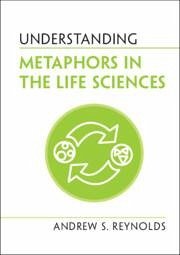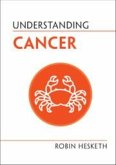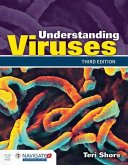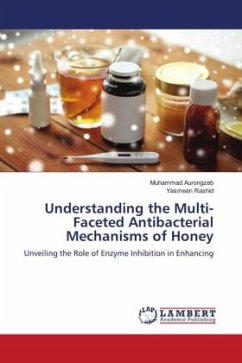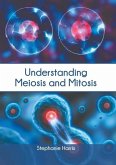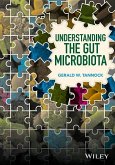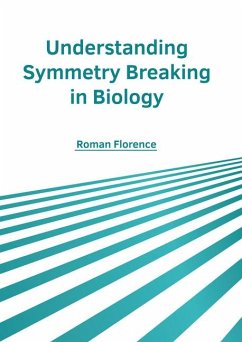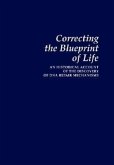Covering a range of metaphors from a diverse field of sciences, from cell and molecular biology to evolution, ecology, and biomedicine, Understanding Metaphors in the Life Sciences explores the positive and negative implications of the widespread use of metaphors in the biological and life sciences. From genetic codes, programs, and blueprints, to cell factories, survival of the fittest, the tree of life, selfish genes, and ecological niches, to genome editing with CRISPR's molecular scissors, metaphors are ubiquitous and vital components of the modern life sciences. But how exactly do metaphors help scientists to understand the objects they study? How can they mislead both scientists and laypeople alike? And what should we all understand about the implications of science's reliance on metaphorical speech and thought for objective knowledge and adequate public policy informed by science? This book will literally help you to better understand the metaphorical dimensions of science.
Hinweis: Dieser Artikel kann nur an eine deutsche Lieferadresse ausgeliefert werden.
Hinweis: Dieser Artikel kann nur an eine deutsche Lieferadresse ausgeliefert werden.

